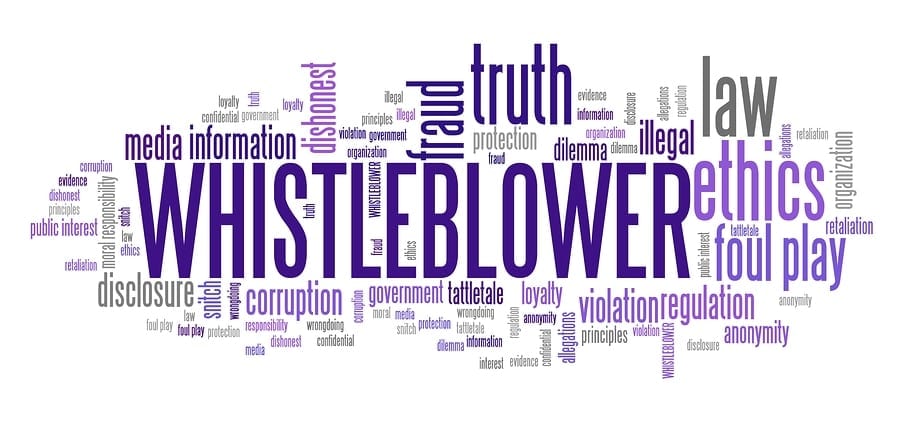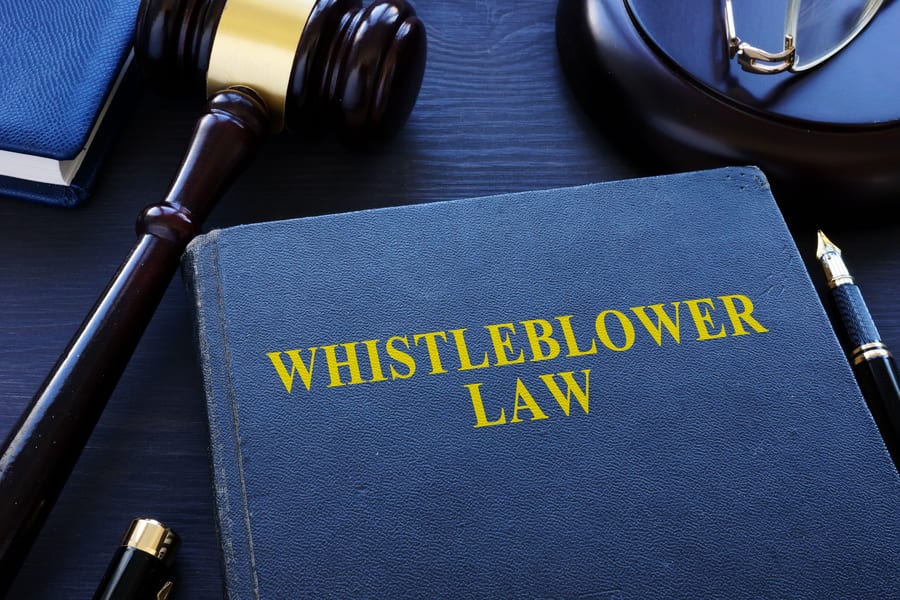How the Elijah E. Cummings Federal Employee Anti-Discrimination Act Could Improve Discrimination Transparency

On New Year’s Day 2021, the Elijah E. Cummings Federal Employee Anti-Discrimination Act was signed into law. The law is intended to increase accountability for federal agencies in cases of workplace discrimination and whistleblower retaliation against federal employees. If you work for the federal government, you should learn more about how this new law might improve transparency into the problems of discrimination in the workplace.
What Is the Cummings Act?
The Cummings Act, named for the late Maryland representative Elijah Cummings, who served as chairperson of the House Oversight and Reform Committee, amends the Notification and Federal Employee Antidiscrimination and Retaliation Act of 2002. The Cummings Act imposes new requirements for federal agencies regarding the handling of employee complaints of discrimination and retaliation in the workplace. Included among the bill’s requirements are:
- Every federal agency will be required to establish an Equal Employment Opportunity program independent of the agency’s human resources or general counsel offices.
- Agencies must establish systems to track complaints of workplace discrimination.
- Agencies must include notations in employees’ personnel records if an employee is subjected to adverse action after committing an act of discrimination or retaliation once the employee has exhausted their administrative remedies and appellate rights.
- Agencies are required to publish public notice of any final agency action or appellate decision by the EEOC that results in a finding that an act of prohibited discrimination or retaliation occurred in the agency’s workplace once the agency has exhausted its appeals or a court has issued a final judgment.
- The EEOC is required to refer findings of discrimination or retaliation in a federal agency to the Office of Special Counsel, who must review such findings for the purpose of considering disciplinary action.
- Federal employees with authority over personnel actions or decisions are prohibited from adopting or enforcing nondisclosure policies that prevent other employees from any whistleblowing activities, including reporting violations of law, rule, or regulation, mismanagement or waste of funds, abuse of authority, or specific and substantial threats to public health and safety.
In response to the Cummings Act, in early 2022, the Office of Personnel Management devised rules and regulations to implement the provisions of the act. The new regulations include requirements for federal agencies to provide training to employees regarding their rights and responsibilities under federal anti-discrimination and whistleblower protection laws. New employees must receive such training within 90 days of hiring, and agencies must also conduct refresher training every two years.
How the Cummings Act Will Improve Anti-Discrimination Efforts in Federal Agencies
The Cummings Act is meant to improve transparency about workplace discrimination and retaliation in federal agencies. Agencies will now have to publish on public-facing websites notice of each finalized finding of an occurrence of discrimination or whistleblower retaliation in the agency. Agencies must also place notations of such findings in the personnel records of employees who engage in discriminatory or retaliatory conduct and refer those incidents to the Office of Special Counsel for potential disciplinary action. This should make it much less likely that individual incidents of discrimination or retaliation or a workplace culture of such behavior will be swept under the rug without any corrective or disciplinary action.
Contact a Federal Employment Lawyer Today If You Have Been the Victim of Workplace Discrimination
If you are a federal employee who has been subjected to discrimination at work or faced retaliation for reporting or participating in an investigation into workplace discrimination, you have legal rights. Contact the Vaughn Law Firm by calling (877) 615-9495 today for a confidential consultation. You can speak with our Georgia whistleblower lawyers about your situation, and we can advise you about your rights and options.




